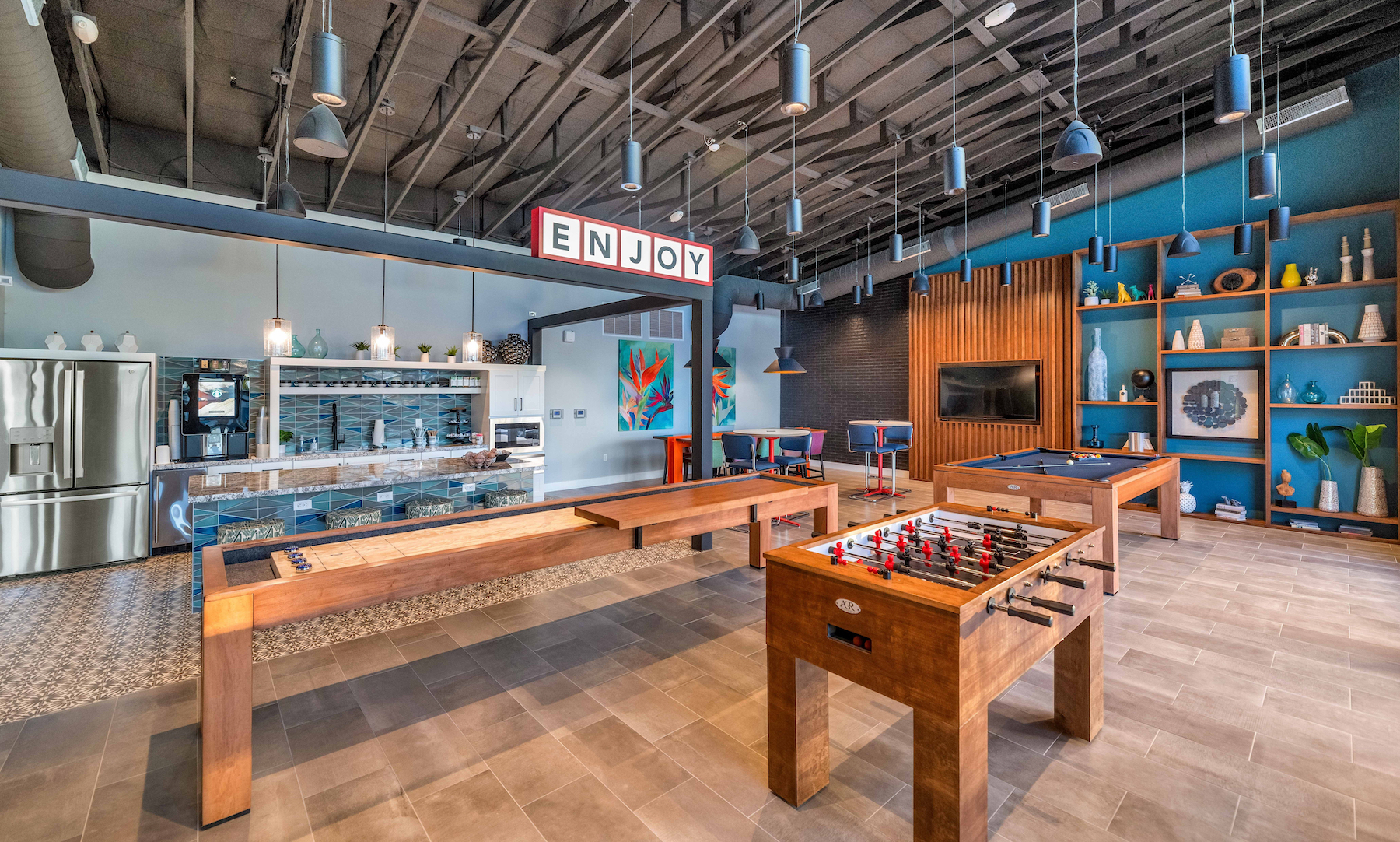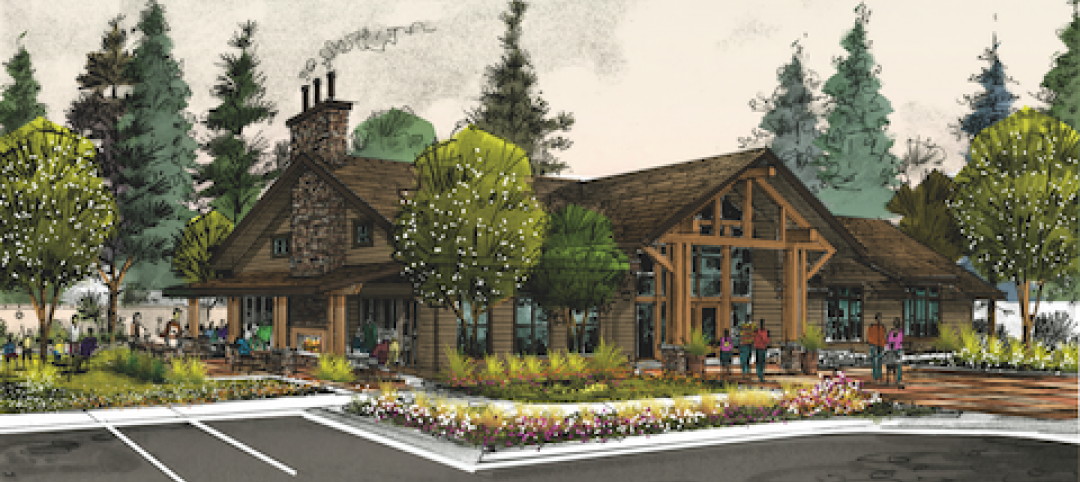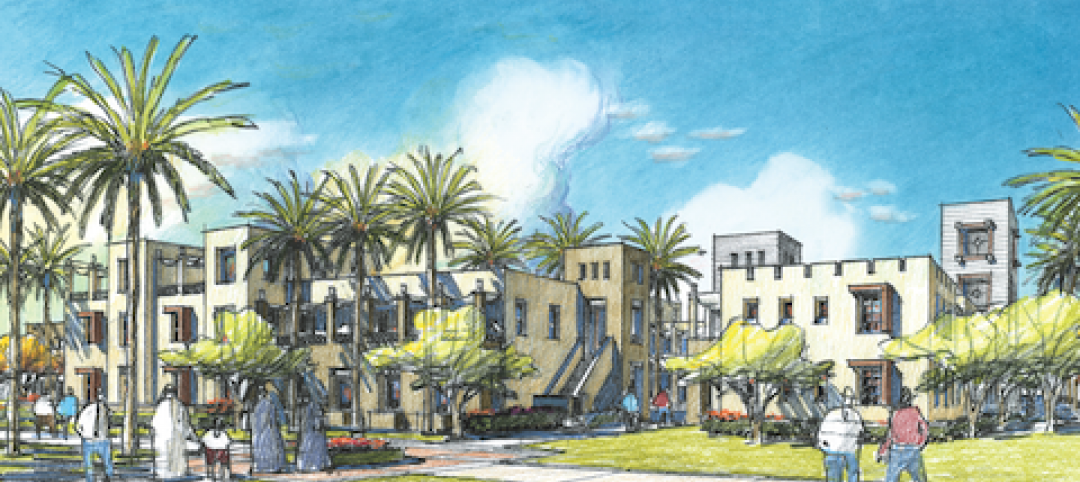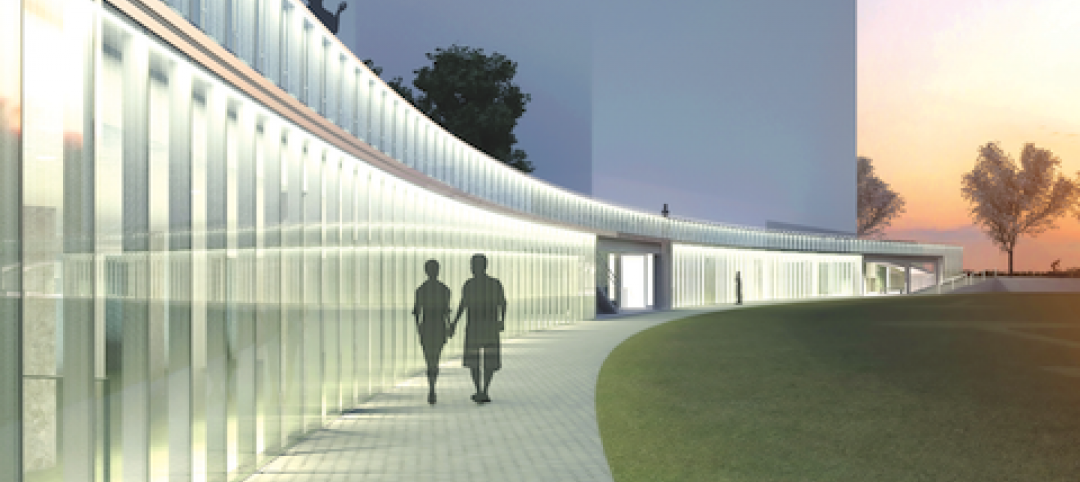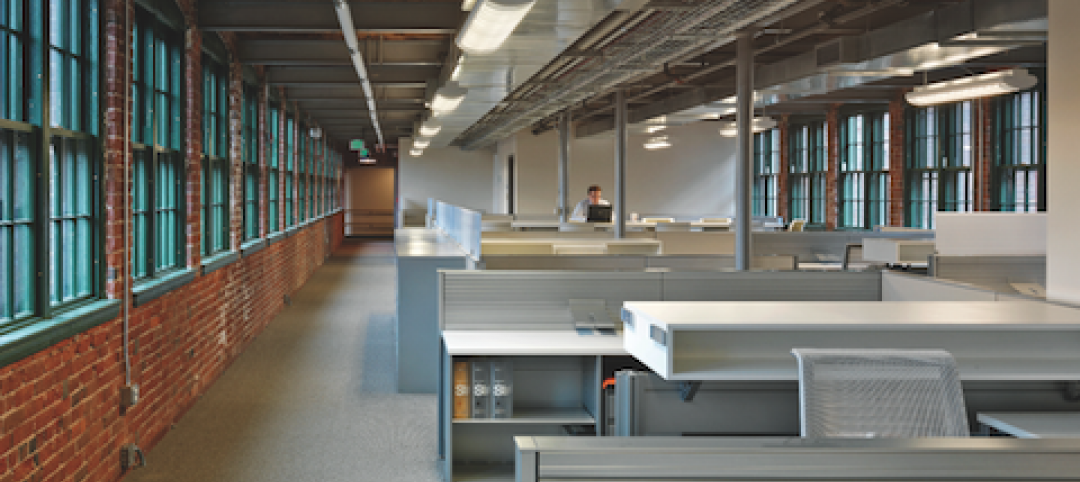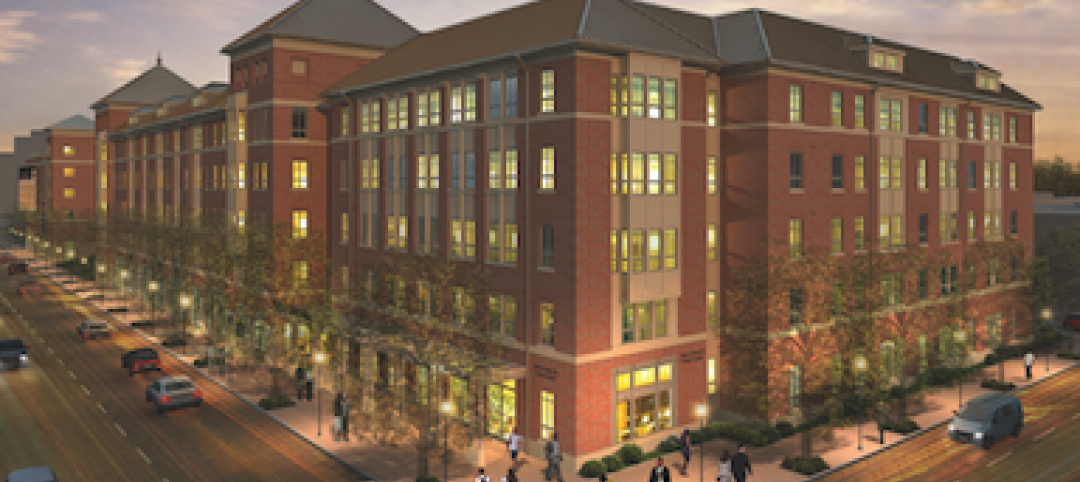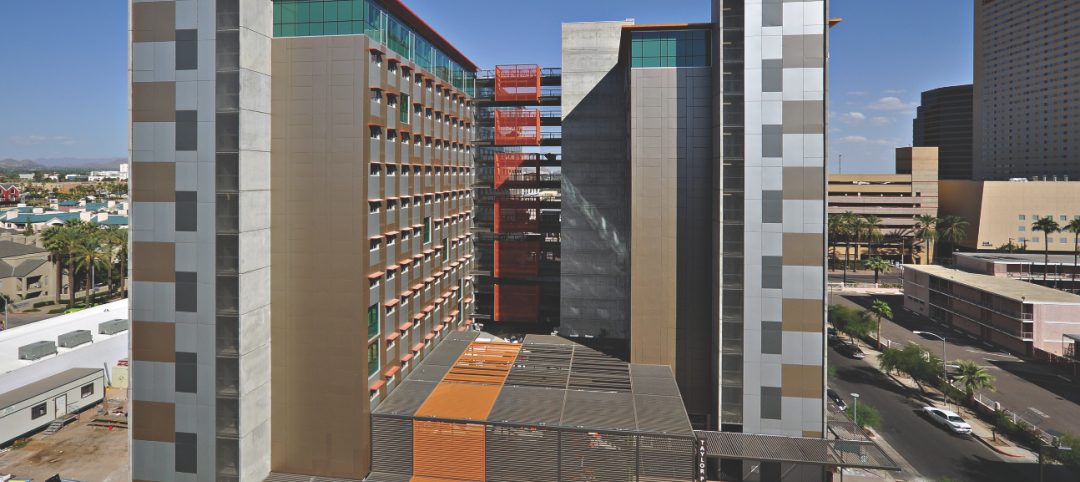One of the hardest decisions multifamily developers and their design teams have to make is what mix of amenities they’re going to put into each project. A lot of squiggly factors go into that decision: the type of community (market-rate vs. affordable, for-sale, senior living, student housing, etc.), the geographic market, local recreation preferences (tennis court or putting green? bocce or billiards?), climate/weather conditions, physical parameters (availability and cost of land), and of course the budget. The permutations are mind-boggling.
Along with location and pricing, however, getting the amenity mix right is crucial to your marketing program and the ultimate success of your multifamily project. The worst thing that can happen is to install an amenity, especially an expensive one or one that takes up a lot of valuable space, and not have occupiers use it. What a waste!
It’s not only an out-of-pocket cost, it’s a lost opportunity: What other amenity would have been more popular with your renters or condominium buyers? And how much will it cost to fix the problem—if it can be fixed at all?
All this has been further complicated by the COVID-19 pandemic. Property managers across the country had to close fitness centers, pool decks, children’s playgrounds, game rooms, even business centers and lounges. Survey respondents said tenants were particularly vexed about losing the convenience of their workout spaces and swim spas, which also saved them the cost of buying an outside club membership.
342 developers, builders, and architects pinpoint the top multifamily amenities
To help you navigate this crisis, BD+C's sister publication, Multifamily Design+Construction, conducted a survey in February/March 2021 of 342 multifamily developers, builders, and architects about how amenities were affected by the COVID pandemic. The resulting 2021 Multifamily Amenities Report builds on surveys conducted in 2017 and 2019 and measures the responses of multifamily sector professionals to their use of 131 amenities—including a new one about “smart connectivity systems.”
One thing about respondents’ answers to the COVID question surprised me: more than half said they had made no changes to their amenities. For some, the work was so far along, they had to live with what they had. But others made it clear that they were going to weather the storm, no matter what. Changing their amenities mix was not on the agenda.
The other half did make changes—removing some amenities, pushing activities outdoors as much as possible. In some cases, the amenities could be modified fairly easily; for example, by putting plexiglass “shields” between pieces of workout equipment in the fitness center. These may have been temporary fixes in response to a crisis, but growing concerns about designing for occupiers’ health and wellness may turn them into permanent features of amenities packages in the future.
Thanks to our 2021 Multifamily Amenities Study sponsor: EXACOR™ | Huber Engineered Woods
The 2021 Multifamily Amenities Report ranks 131 amenities and features across 10 building areas:
• Top ‘smart connectivity’ systems
• Top 10 indoor amenities
• Top 10 outdoor amenities
• Top 10 recreation amenities
• Top 10 convenience services
• Top 10 quality of life amenities
• Top 10 business and technology services
• Top 10 security services
• Top children's services
• Top services for pets
• BONUS: COVID-19 impact on amenities
• BONUS: List of ‘first-time amenities’ for developers
For the full 16-page PDF report, visit: www.BDCnetwork.com/Amenities2021.
Related Stories
| Oct 13, 2010
Apartment complex will offer affordable green housing
Urban Housing Communities, KTGY Group, and the City of Big Bear Lake (Calif.) Improvement Agency are collaborating on The Crossings at Big Bear Lake, the first apartment complex in the city to offer residents affordable, eco-friendly homes. KTGY designed 28 two-bedroom, two-story townhomes and 14 three-bedroom, single-story flats, averaging 1,100 sf each.
| Oct 13, 2010
Residences bring students, faculty together in the Middle East
A new residence complex is in design for United Arab Emirates University in Al Ain, UAE, near Abu Dhabi. Plans for the 120-acre mixed-use development include 710 clustered townhomes and apartments for students and faculty and common areas for community activities.
| Oct 13, 2010
Community center under way in NYC seeks LEED Platinum
A curving, 550-foot-long glass arcade dubbed the “Wall of Light” is the standout architectural and sustainable feature of the Battery Park City Community Center, a 60,000-sf complex located in a two-tower residential Lower Manhattan complex. Hanrahan Meyers Architects designed the glass arcade to act as a passive energy system, bringing natural light into all interior spaces.
| Oct 12, 2010
The Watch Factory, Waltham, Mass.
27th Annual Reconstruction Awards — Gold Award. When the Boston Watch Company opened its factory in 1854 on the banks of the Charles River in Waltham, Mass., the area was far enough away from the dust, dirt, and grime of Boston to safely assemble delicate watch parts.
| Sep 13, 2010
Richmond living/learning complex targets LEED Silver
The 162,000-sf living/learning complex includes a residence hall with 122 units for 459 students with a study center on the ground level and communal and study spaces on each of the residential levels. The project is targeting LEED Silver.
| Sep 13, 2010
Committed to the Core
How a forward-looking city government, a growth-minded university, a developer with vision, and a determined Building Team are breathing life into downtown Phoenix.
| Aug 11, 2010
Brown Craig Turner opens senior living studio
Baltimore-based architecture and design firm Brown Craig Turner has significantly expanded its housing design capabilities and expertise with the launch of its new senior living studio.
| Aug 11, 2010
CTBUH changes height criteria; Burj Dubai height increases, others decrease
The Council on Tall Buildings and Urban Habitat (CTBUH)—the international body that arbitrates on tall building height and determines the title of “The World’s Tallest Building”—has announced a change to its height criteria, as a reflection of recent developments with several super-tall buildings.
| Aug 11, 2010
Morphosis builds 'floating' house for Brad Pitt's Make It Right New Orleans foundation
Morphosis Architects, under the direction of renowned architect and UCLA professor Thom Mayne, has completed the first floating house permitted in the U.S. for Brad Pitt’s Make It Right Foundation in New Orleans.The FLOAT House is a new model for flood-safe, affordable, and sustainable housing that is designed to float securely with rising water levels.


